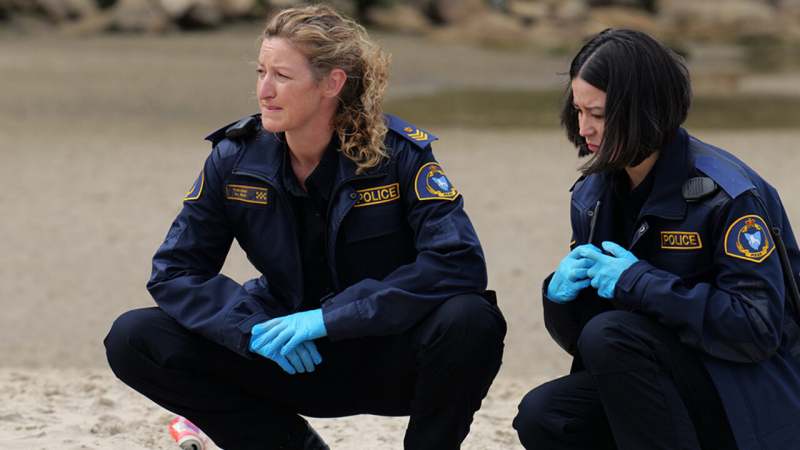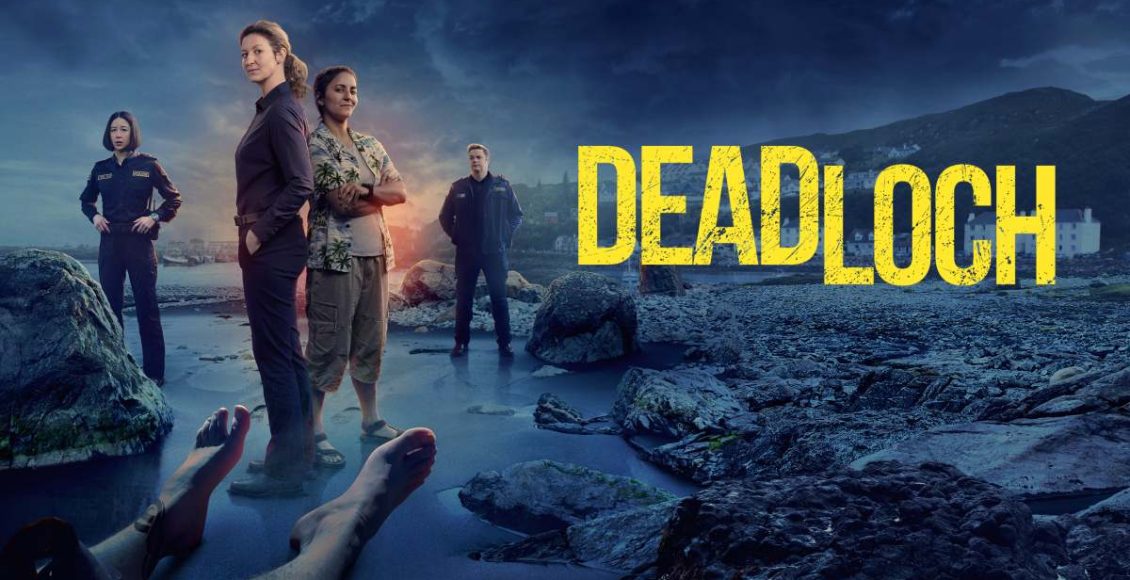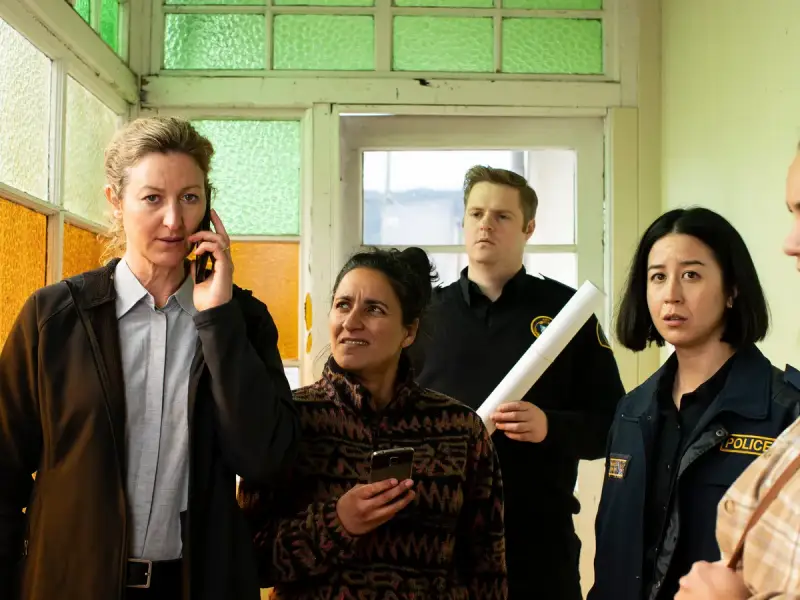[Deadloch Review Prime] Investigating consecutive murder cases that are intertwined with pheminist issues.
Deadloch
Summary
Overall it is a series that delves deep into the continuous murder cases, but takes a pheminist approach linked to various characters in the community. The perpetrator cannot be guessed at all, but the problem is that there are too many intricate details included, making it very difficult to follow. It ends up driving away the audience the most.
Overall
6.5/10User Review
( votes)Pros
- The series follows a female protagonist who investigates the cases.
- There are multiple consecutive murder cases.
Cons
- The series includes numerous intricate details and connections that are presented in a confusing pheminist manner.
- The character Eddie Redcliffe is particularly annoying.
- There are not many comedic scenes in the series.
ADBRO
Deadloch The Australian series on Amazon Prime Video is a comedy-mystery genre with 8 episodes. A murder occurs in the town of Dead Loch, a small town on an island in the state of Tasmania, Australia. A female detective is assigned to investigate the case along with a detective sent to solve the case on this island.

Deadloch Review (No spoilers)
The series focuses on murder as its main theme and follows the personal stories of two female protagonists. One of them, Dulcie Collins (played by Kate Box)), openly identifies as LGBTQ and shares details about her relationship. The other character is Eddie Redcliffe (played by Madeleine Sami), an older detective who constantly complains and seems disinterested in her work. In the first three episodes, Eddie Redcliffe’s continuous complaining may cause headaches for viewers, as the plot doesn’t progress much and the character doesn’t seem to contribute significantly to the investigations. It’s no wonder that some viewers might give up on the series. However, in episode 3, the story reveals why Eddie behaves in such an eccentric manner, showcasing her peculiar behavior. Even though the series falls under the comedy genre, this character’s shift towards a more typical detective role gradually improves the show. Despite the recurring old look, the series becomes more engaging.
The series continues to focus on the investigative aspect in a small town where there has never been a murder case before. Furthermore, it is a series of consecutive murders, with more than 10 male victims, which leads the story to delve into the past and the first body that was found several years ago. The characters must uncover the motives and reasons behind these killings and gradually connect them to the bodies that keep surfacing in the present time. The storyline involves a large number of bodies, each killed in a different gruesome manner, which intensifies the narrative and ultimately turns it into a high-profile case.
The problem that arises is the attempt to include numerous small investigative details as a connection to the phenomenon of pheminism in the community. This topic includes various issues such as domestic violence, child abuse, and many others, which eventually become fragmented pieces that confuse the audience about their relevance. In reality, the story never intended to follow that direction in the end. These components are just small elements to keep the story going until all 8 episodes are complete, and only then will the revelation of the killer’s identity be disclosed. Guessing who the killer is becomes difficult and unsatisfying because the details shared do not lead the viewers to this antagonist in any significant way. Moreover, some issues diverge and branch out into different narratives altogether.
The highlight of the story is the transformation of the main characters’ lives, both of whom are forced to investigate in this manner, while the people in the town do not like them. This leads to the normal lives of both characters spiraling into failure. If this case is not solved, it adds a compelling aspect to the story when two female police officers have to work under extreme pressure, and ultimately, a higher-ranked male officer takes over the case. This marks the end of their careers as police officers for sure.

In addition to that, there is a supporting character named Abby Matsuda (played by Nina Oyama) who serves as an assistant to both main characters. She actively tries to investigate based on the evidence that arises. Although she has a small supporting role, her performance is good.
Overall it is a series that delves deep into the continuous murder cases, but takes a pheminist approach linked to various characters in the community. The perpetrator cannot be guessed at all, but the problem is that there are too many intricate details included, making it very difficult to follow. It ends up driving away the audience the most.


